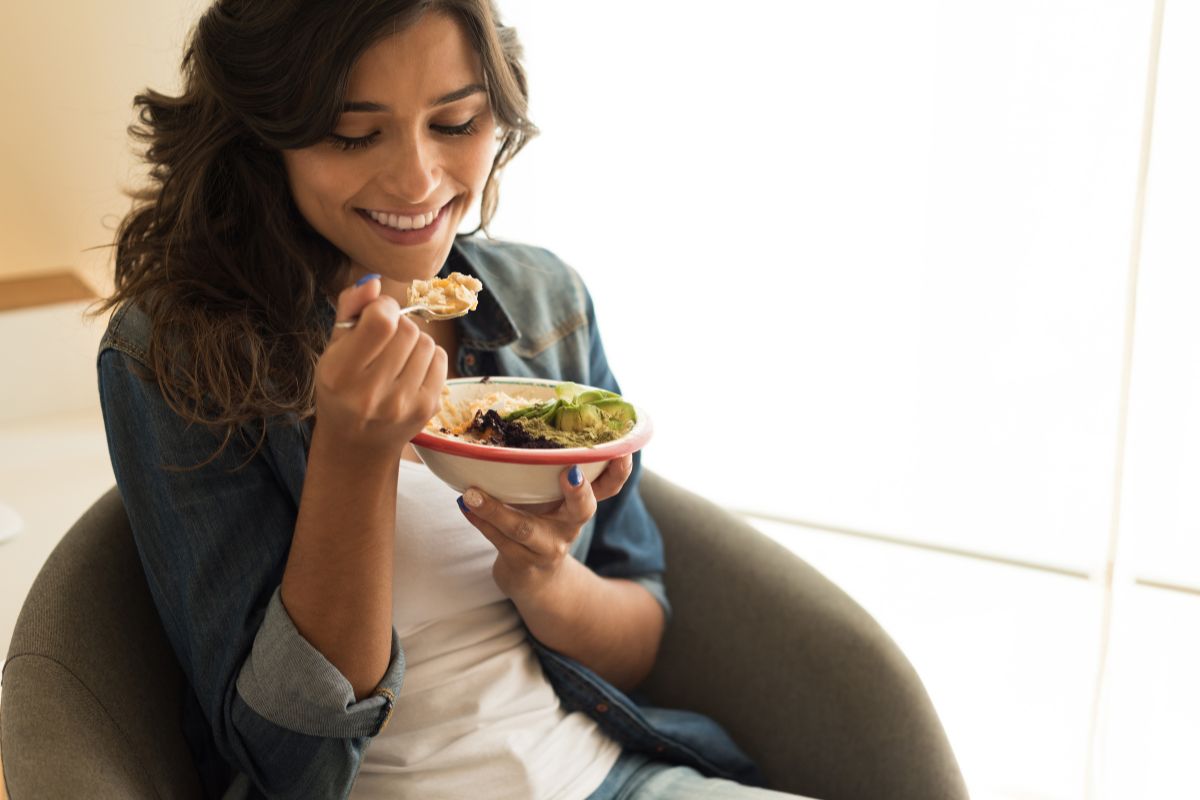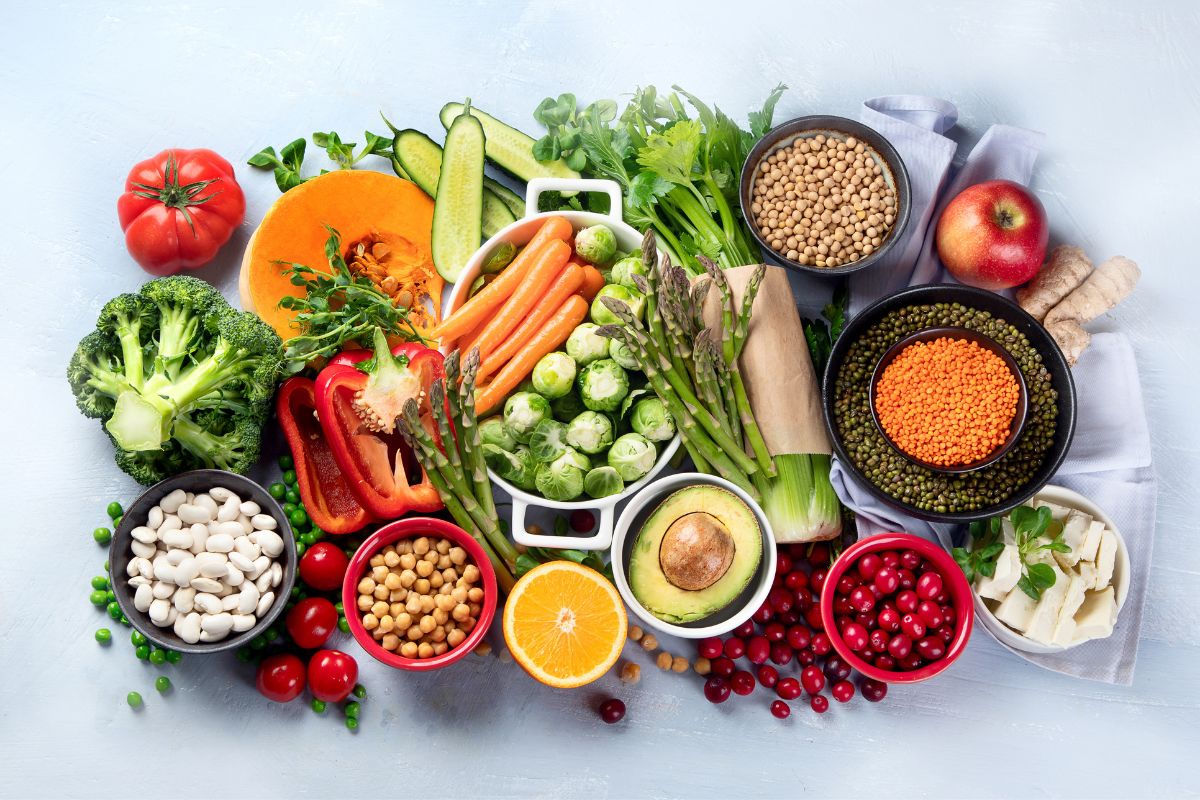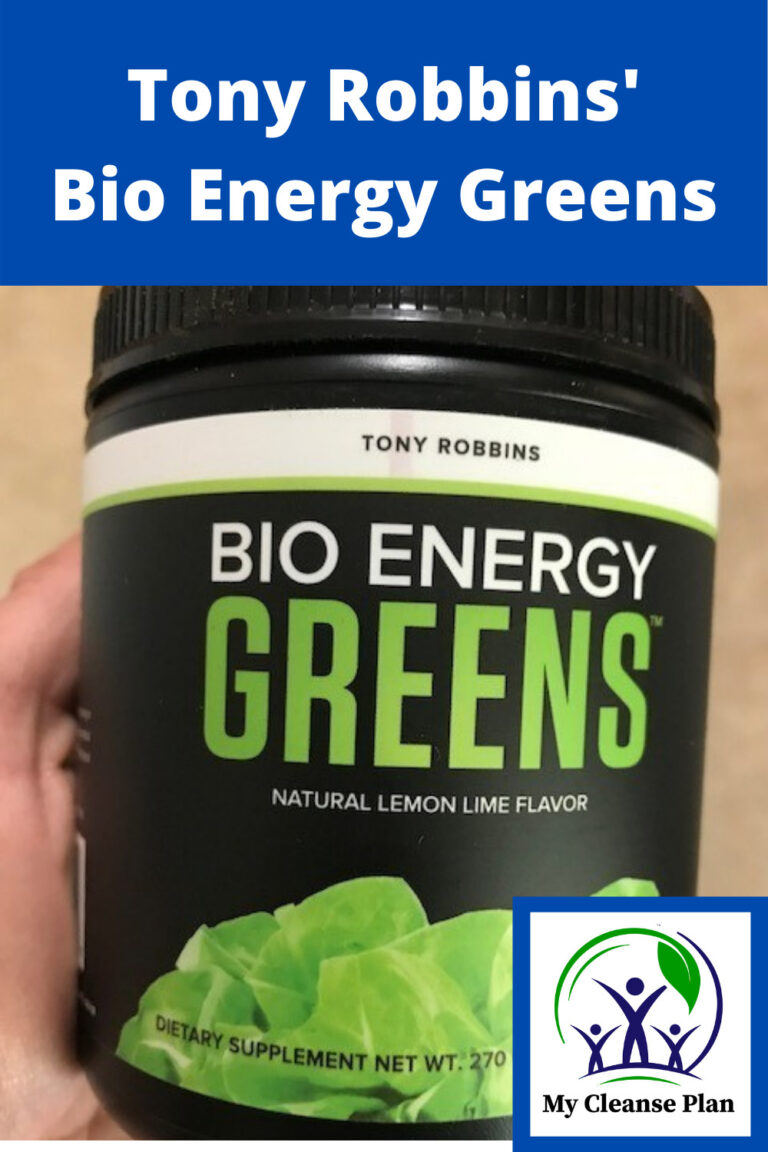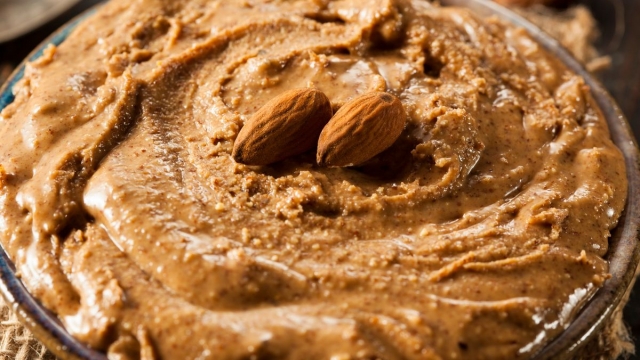Is A Vegan Diet Healthier And Easy To Follow
Vegan is one of the latest food trends but is a vegan diet healthier than other diets?
Eating only plant-based products can have plenty of health benefits, such as reducing the risk of cancer and heart disease.
However, there are also some potential health risks that vegans should be aware of when they leave out any form of animal products.
In this article, we find out what a vegan diet is and whether it is actually healthy for your body.
What Is A Vegan Diet?
A vegan diet is when you only eat plant-based foods. You exclude all foods made from animals as well as animal-by products, such as dairy, fish, honey, eggs, and meat.
This being said, there are variations of a vegan lifestyle. Some people also use and buy only products that are made in a sustainable way without animal-based ingredients.
As vegans don’t eat any animal products, they can consume all plant-based foods, such as fruits, vegetables, nuts, seeds, legumes, and whole grains.
Is A Vegan Diet Nutritious?
In order to understand whether a vegan diet is healthy, it’s important to take a look at the nutritional value of the foods vegans can eat.
Dairy, eggs, and meat often provide a lot of iron and protein for our bodies.
If you cut these foods from your diet without replacing them, then you may struggle with iron and protein deficiency.
B12 is another vitamin that’s not in vegetables and fruit but in eggs, fish, and dairy products. This means that vegans may need to find alternatives to B12, such as vitamin supplements.
This means that only a well-balanced vegan diet is nutritious and healthy.
As long as vegans eat all the nutrients they need, then veganism can be a fantastic alternative to a meat-based diet.
Health Benefits Of A Vegan Diet

The reason why plant-based diets are so popular is that there are plenty of health benefits to eating vegan.
A Vegan Diet Offers A Greater Nutrient Variety
Compared to a traditional Western diet based on meat and animal products, a vegan diet can provide a much wider choice of nutrients to your body.
Whole foods, such as vegetables, fruits, whole grains, nuts, seeds, and peas are essential foods with a plant-based diet.
In fact, studies discovered that a vegan diet tends to offer more antioxidants, potassium, vitamins, fiber, and other essential nutrients.
If vegans consume the right amount and type of food, then they can even increase their iron intake.
This being said it’s essential for vegans to carefully balance what they eat and what their bodies need.
A Plant-Based Diet Can Help You Lose Weight
Many people are looking to change to a vegan diet with the hopes to lose some weight. This being said, there are no specific studies that found plant-based diets result in weight loss.
Some observational research discovered that vegans are usually thinner compared to non-vegans.
However, there is only little research on the reasons for these results.
Most scientists attribute the low-calorie levels, the absence of processed food, and the high fiber content to the low BMI of vegans.
It’s important to keep in mind that a vegan diet alone doesn’t help you shed weight. You need to combine healthy eating with a good exercise routine.
A Vegan Diet Lowers The Risk Of Diabetes
Some research found that people who eat plant-based protein can improve their kidney function and lower the risk of diabetes type 2.
In addition, people with diabetes can also improve diabetes-related symptoms, such as peripheral neuropathy, with a plant-based diet.
Eating Vegan May Protect Against Cancer
Studies found that meat and dairy products are often so heavily processed that they can increase their cancer risk significantly.
This means that cutting out any processed food and animal products can help you protect against cancers, such as breast cancer, stomach cancer, and lung cancer.
Vegan Diets Can Reduce The Risk Of Heart Disease
Eating fresh vegetables, fiber, legumes, and fruits can lower your risk of a variety of heart diseases.
Meat and meat-based products are often associated with higher weight and obesity which can considerably increase your risk of a stroke and high blood pressure.
Cutting out these animal products means that you can improve your cholesterol levels and reduce blood sugar levels.
Eating Vegan Can Reduce Arthritis Pain
Scientists found that people who suffer from arthritis can significantly reduce the pain in their joints when they eat a plant-based diet.
While a vegan diet won’t cure arthritis, it can help with typical rheumatoid arthritis symptoms, such as joint swelling, morning stiffness, and pain.
In addition, vegans usually also report higher energy levels and better overall well-being than those who stick to a meat-based diet.
Health Risks Of A Vegan Diet

While vegans can enjoy a variety of health benefits with a plant-based diet, there are also some potential health risks with veganism.
Potential Risk Of Leaky Gut
Vegans replace fish, eggs, dairy, and meat with legumes as their plant-based protein. However, legumes contain a lot of anti-nutrients.
These anti-nutrients consumed in large quantities can lead to leaky gut and gut inflammation.
Risk Of Anemia
Vegans and vegetarians are at risk of iron deficiency as they don’t consume some of the most essential foods containing iron, such as meat and fish.
While many nuts and legumes also contain a small amount of iron, it’s not enough to sustain our body’s iron levels.
This can lead to iron deficiency in the body, causing fatigue and anemia.
This is especially important to keep in mind for women as they naturally lose a large amount of iron within their monthly period.
Hormone Disruption
As vegans exclude all types of animal proteins, they often turn to soy products for their plant-based protein.
Although unprocessed soy is an excellent source of protein for the body, processed protein (such as soy milk and tofu) isn’t very nutritious.
In addition, this processed soy can also help us absorb metals a lot easier which can lead to an increased cadmium and iron intake in the body.
That’s why it is important to keep in mind that an unprocessed vegan diet is one of the healthiest ways to go vegan.
Extreme Dieting
As veganism is a trend that’s becoming more and more popular, it’s a good idea to keep in mind why you choose to go for a plant-based diet.
If you want to go vegan in order to lose weight, then make sure that you still eat all the essential nutrients that your body needs.
In addition, you should also make sure that you combine a vegan diet with a healthy lifestyle, cutting out smoking and drinking.
Keep in mind that there are many different ways to eat a healthy diet. You don’t have to go vegan from one day to the next.
Nutritionists recommend that you gradually cut out any foods that you feel comfortable being without.
Explore Also:
Creativehouseblog
Dietsheriff
Gigasecurehome
Going vegan is often a lifestyle choice that isn’t just about what you eat but also about your overall well-being.
Final Thoughts
Compared to other Western diets, a vegan diet offers great health benefits. However, vegans should be aware of potential risks, such as iron or vitamin deficiencies.
Other Articles To Read
Vegan Diet For Bodybuilders – The Healthier Way



![Cold Exposure, Sauna & Gut Health Achieving Hormetic Wellness[1]](https://mycleanseplan.com/wp-content/uploads/2025/10/Cold_Exposure_Sauna__Gut_Health__Achieving_Hormetic_Wellness1-1-768x448.jpg)
![Gut Care for Children & Teens Strategies for a Healthy Start[1]](https://mycleanseplan.com/wp-content/uploads/2025/11/Gut_Care_for_Children__Teens__Strategies_for_a_Healthy_Start1-768x448.jpg)


